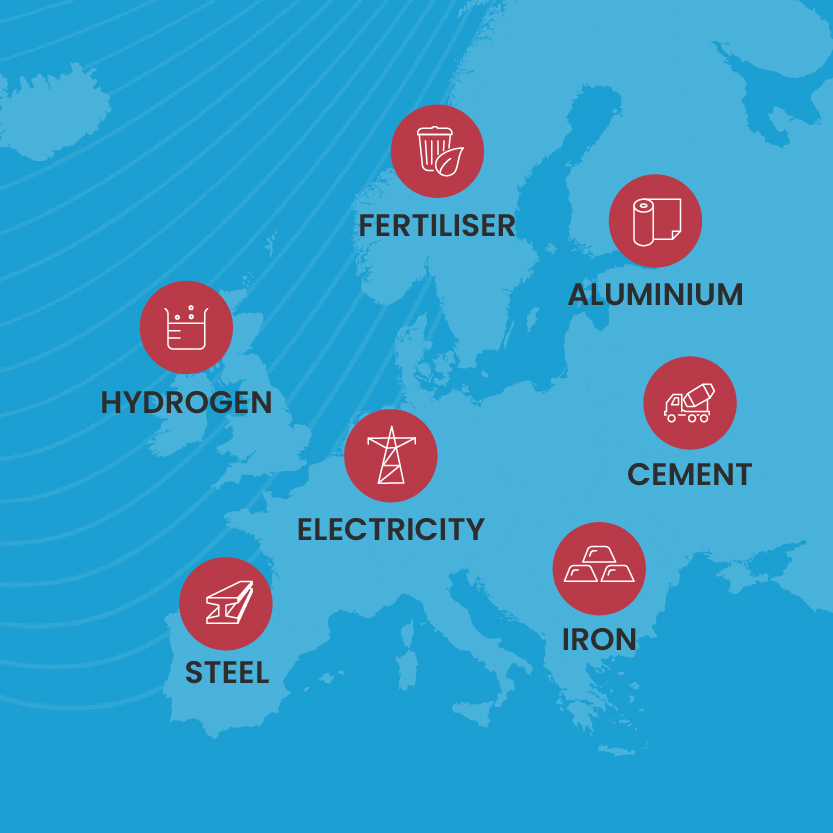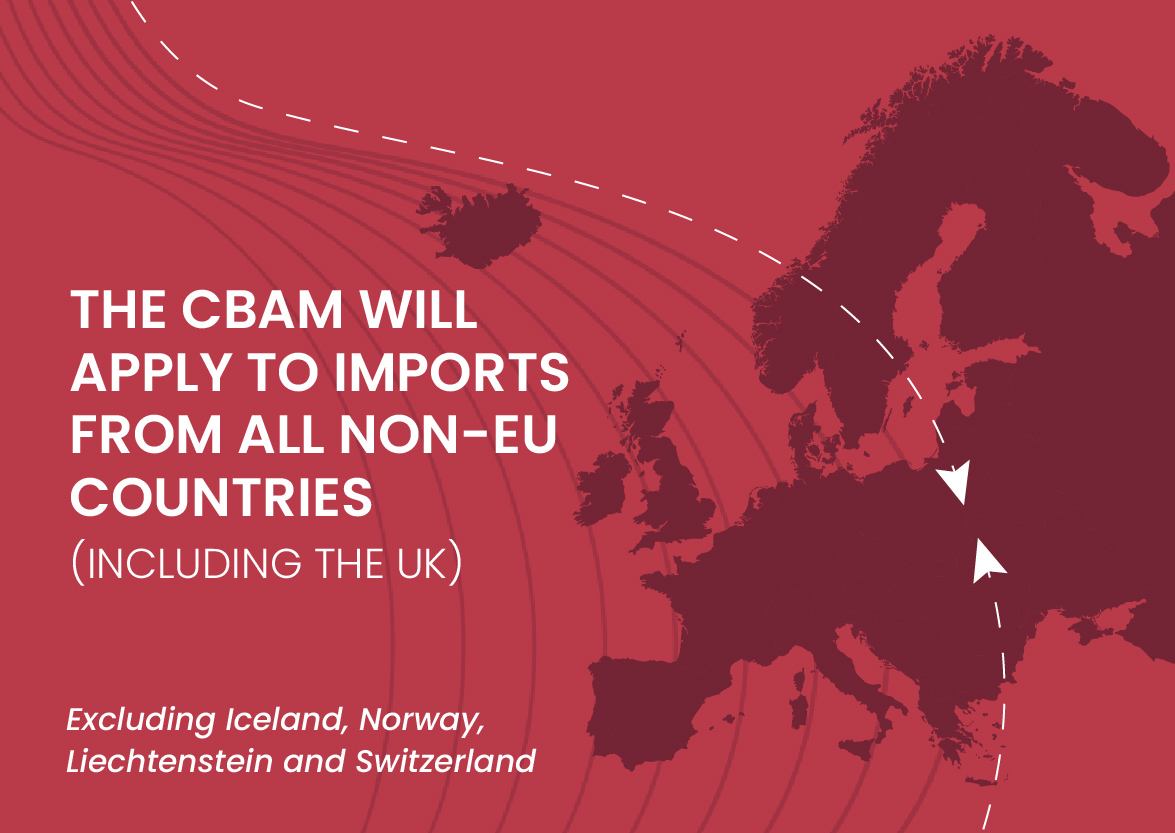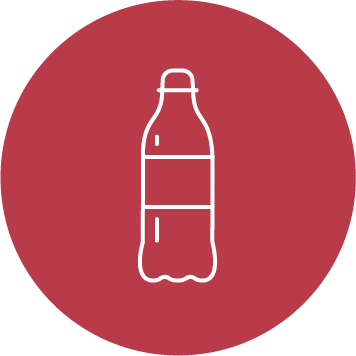The EU CBAM is a crucial component of the Fit For 55 packages, to combat carbon leakage. The CBAM achieves this by adjusting the embedded cost of direct and indirect emissions from importers into the EU. Initially, the package focuses on sectors such as iron and steel, aluminium, cement, fertiliser, electricity, hydrogen, chemical precursors, and specific downstream articles. Additional sectors like paper, plastics, organic chemicals/polymers, glass, and oil refining are likely to be added after the 2025 transitional period. The CBAM will cover around 750 individual products defined within customs commodity codes, eventually encompassing all products covered by the ETS without any materiality threshold.


As a result of the EU CBAM’s scope into downstream articles, including items such as screws, nuts, bolts and similar products of iron or steel, a significant number of importers will have a newly incurred compliance obligation as a result of this legislation.





Importers in the EU will be required to purchase CBAM certificates. The certificate price will be calculated based on the average weekly auctions of the EU ETS. If no auctions are held in a given week, the price will be set up as the average of the previous week.
The CBAM certificates cannot be traded, have limited validity (July 1st of each year, commencing 2027), and can only be sold to authorised declarants.
The authorised CBAM declarants shall ensure that the number of CBAM certificates on their CBAM registry account at the end of each quarter matches at least 80% of their embedded cost of carbon in imported products.
The threshold of 80% of imported goods (required each quarter) which is based on default values.
In cases where imported products have already been subject to robust carbon pricing in their country of origin, the paid carbon price can be reduced from the EU CBAM charges, provided evidence is available.
The transitional period for the CBAM begins on October 1st, 2023, and extends until 2026. During this period, importers within the scope of the CBAM must report emissions embedded in their goods at the time of import into the customs territory of the EU. Once the transition period concludes, the CBAM’s scope will be re-evaluated to determine if additional products and services, including indirect emissions, should be included. Another important clarification to be addressed is the methodology used to determine the carbon intensity of imported goods. The revaluation of sectors exposed to the CBAM will take place one year before the end of the transitional period.





Understanding the EU CBAM and its implications is crucial for businesses both within Europe and abroad. At Redshaw Advisors, we are dedicated to empowering strategic decision-making by providing up-to-date transparency on the CBAM legislation. We offer valuable insights into direct and indirect cost forecasting, MRV requirements, and risk management recommendations for companies already exposed to the EU ETS, as well as importers required to participate in this regime.



Contact Redshaw Advisors today for valuable insights and strategic decision-making aid on CBAM implications.
Contact Us Today by calling +44 20 3637 1055 or email us by completing the form below.